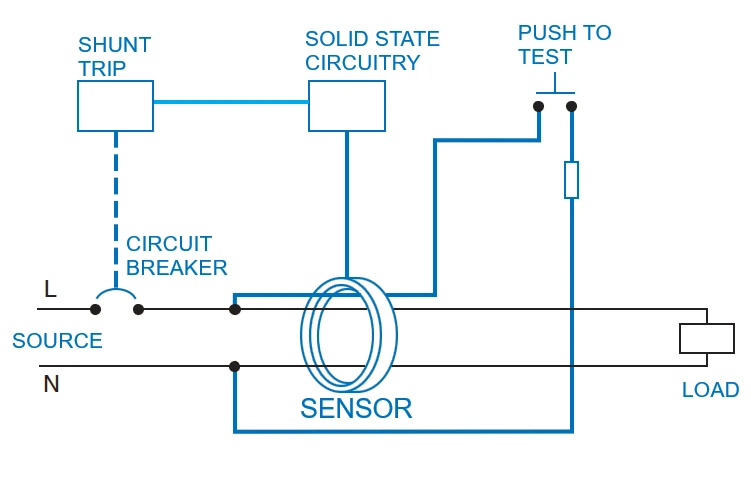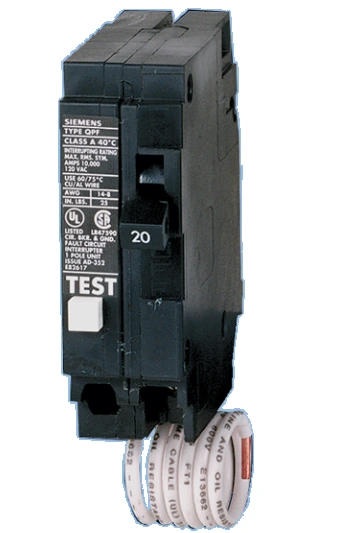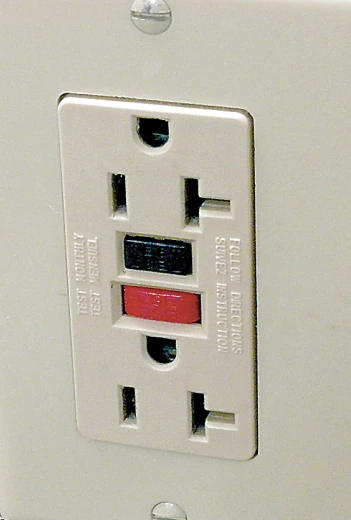This is a series of articles where we shall be discussion the common violation on the Philippine Electrical Code. It is the assumption of this series of article that the Electrical installer are duly licensed by the Professional Regulations Commission, plans are checked, signed and sealed by a registered Professional Electrical Engineer, and all permits has been acquired prior to the installation.
Violation
Many electrical professionals understand the GFCI protection requirements for kitchens when it pertains to dwelling units [Sec. 2.10.1.8(A)(6)]. But there are instances where inspectors are finding violations when it comes to requirements in Sec. 2.10.1.8(B)(2) for other than dwelling unit kitchen areas. This commonly involves single-phase receptacle outlets up to 250V, exceeding 50A. In some cases, the GFCI protection for these locations is difficult to find or more expensive than conventional GFCI protection means.
GFCI Devices
To ensure GFCI devices function properly, manufacturers recommend periodic testing, usually on a monthly basis. This involves pressing the test button on the device and confirming that all receptacles protected by the GFCI are de-energized. To support this essential safety check, GFCIs installed to protect the receptacles specified in sections 2.10.1.8(A) and (B) must be readily accessible.



Ground-fault Current Detection
Ground Fault Circuit Interrupters (GFCIs) detect fault currents between 4 and 6 mA. At a trip level of 5 mA (though the actual instantaneous current could be higher), a person may feel a shock when a fault occurs. This shock can cause an involuntary reaction, potentially leading to secondary accidents like falls. However, GFCIs do not protect against shock hazards when contact occurs between phase and neutral wires or between phase-to-phase conductors. GFCIs come in various forms, including portable and plug-in types, circuit-breaker types, plug caps with built-in GFCI, and receptacle types. Each unit includes a test switch for periodic checks to ensure it functions correctly.
